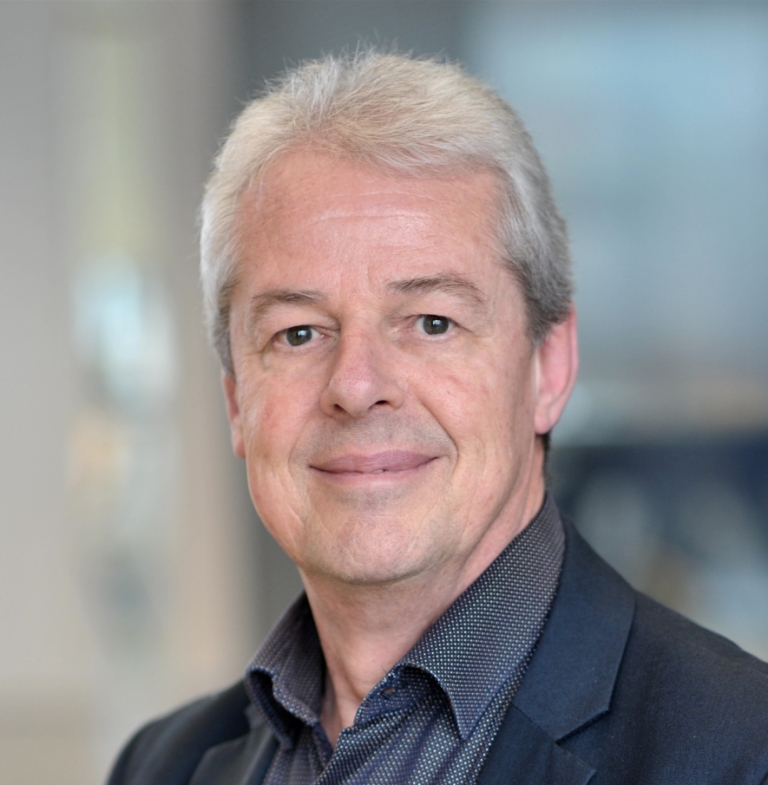Thanks to all participants to the 2024-edition !!!!
Please consult the website of the 2025-edition (7-11 April 2025)
The link to the 2025-edition can be found here
2024 Spring School on Data-driven Model Learning of Dynamic Systems
Dates: Monday 8 April 2024 (beginning of the afternoon) - Friday 12 April 2024 (noon)
The Spring School consists of a five-days PhD course on data-based modeling (system identification) covering both the fundamentals and more advanced topics.
After two editions held in Nancy in 2017 and in 2018, one in Ecully in 2019, two virtual editions in 2021 and 2022 (due to the coronavirus pandemic) and a first hybrid edition in Ecully in 2023, the 2024-edition will be the seventh edition of the Spring School on Data-driven Model Learning of Dynamic Systems.
Like in 2023, the 2024-edition will be held in hybrid mode. Participants can thus attend the Spring School in person (on the campus of Ecole Centrale de Lyon) or virtually.
For this purpose, we will make use of the brandnew lecture hall of Ecole Centrale de Lyon that is completely dedicated to hybrid teaching. This lecture hall is located in the SKYLAB of Ecole Centrale (see here and here for more details and a video about this facility).
Like in the previous editions, the 2024-edition will welcome an international guest lecturer.
INVITED GUEST LECTURER FOR THE 2024-EDITION
Prof. Paul Van den Hof, TU Eindhoven, The Netherlands
presenting a course entitled
Dynamic network identification

Abstract of the course: In many areas of science and technology, the complexity of dynamic systems that are being considered, grows beyond the level of single systems. Current challenges move to the monitoring, diagnostics, control and optimization of interconnected systems, represented as dynamic networks. In control and optimization this has led to the development of decentralized and distributed algorithms for control/optimization, as e.g. present in multi-agent systems. From the modelling perspective, data-driven modelling challenges lie in the processing of high-dimensional data, exploiting the ubiquitous availability of sensor data, and turning measurement data into dynamic and structured information on the causal relationships between the different nodes (sensor signals) in the network. As a further generalization of the closed-loop identification problem, network identification problems have to face and exploit the structure of the interconnections between different components in the network. In this course we will highlight the main developments and challenges in this area. Besides setting up a modelling framework, we will address problems of local identification of a particular part of the network, including the selection of the appropriate signals to be measured. The concept of network identifiability is highlighted and the role of structural properties of the network, in terms of its topology/graph, is given strong attention. It is also shown how classical closed-loop identification methods need to be generalized to be able to cope with the new situations. Examples will be shown through the MATLAB Toolbox SYSDYNET (under development) that will be made available to the attendees.
Biography of the guest lecturer: Paul Van den Hof received the M.Sc. and Ph.D. degrees in electrical engineering from Eindhoven University of Technology, Eindhoven, The Netherlands, in 1982 and 1989, respectively. In 1986 he moved to Delft University of Technology, where he was appointed as Full Professor in1999. From 2003 to 2011, he was founding co-director of the Delft Center for Systems and Control (DCSC). As of 2011, he is a Full Professor in the Electrical Engineering Department, Eindhoven University of Technology. His research interests include system identification, identification for control, and model-based control and optimization, with applications in high-tech systems and industrial process control systems. He holds an ERC Advanced Research grant for a research project on identification in dynamic networks. Paul Van den Hof is an IFAC Fellow and IEEE Fellow, and Honorary Member of the Hungarian Academy of Sciences. He has been a member of the IFAC Council, the Board of Governors of IEEE Control Systems Society, and an Associate Editor and Editor of Automatica. In the triennium 2017–2020, he served as Vice-President of IFAC.



